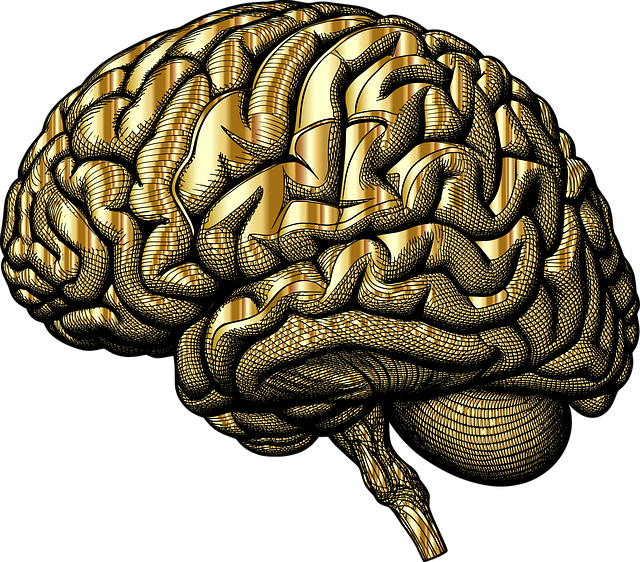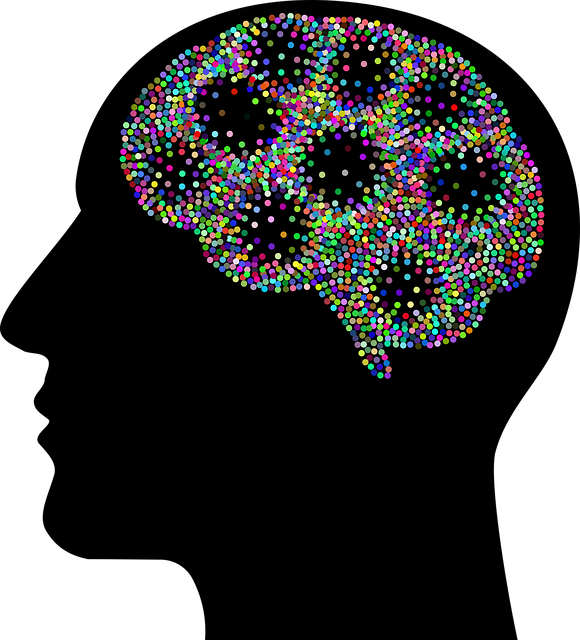Wheat Ridge Crisis Counseling Therapy offers a comprehensive approach to mood regulation and emotional well-being through evidence-based techniques. Combining talk therapy, cognitive behavioral therapy (CBT), mindfulness, meditation, and education programs, they empower individuals to manage stress, develop coping strategies, and build resilience. Their holistic methods include nutrition guidance, exercise routines, and sleep practices to optimize brain health and overall mental stability, making them a trusted resource for emotional crises and long-term well-being.
Mood regulation strategies are essential for maintaining emotional balance. This comprehensive guide explores various techniques to help you understand and manage your mood effectively. From Wheat Ridge Crisis Counseling Therapy, which offers professional support in mood management, to cognitive behavioral techniques, mindfulness practices, and lifestyle adjustments like nutrition, exercise, and sleep, we delve into each method for achieving optimal emotional stability.
- Understanding Mood Regulation: Unraveling Emotional Balance
- The Role of Wheat Ridge Crisis Counseling Therapy in Mood Management
- Cognitive Behavioral Techniques for Effective Mood Regulation
- Mindfulness and Meditation Practices for Daily Emotional Stability
- Lifestyle Adjustments: Nutrition, Exercise, and Sleep for Optimal Mood
Understanding Mood Regulation: Unraveling Emotional Balance

Understanding Mood Regulation is a crucial step towards achieving emotional balance and overall well-being. It involves recognizing and managing our internal states, from joy and excitement to sadness and anxiety. At Wheat Ridge Crisis Counseling Therapy, we believe that unraveling emotional balance requires a multifaceted approach.
Our expert therapists utilize a combination of techniques tailored to individual needs, encompassing both traditional talk therapy and innovative strategies such as Social Skills Training and Mental Health Education Programs Design. These approaches empower individuals to develop effective coping mechanisms, enhance self-awareness, and cultivate resilience, ultimately leading to improved emotional healing processes.
The Role of Wheat Ridge Crisis Counseling Therapy in Mood Management

Wheat Ridge Crisis Counseling Therapy plays a pivotal role in mood management by offering specialized services tailored to address emotional crises. This form of therapy goes beyond mere counseling; it’s a comprehensive approach that combines various evidence-based techniques to help individuals gain insight into their moods, triggers, and behaviors. By fostering a safe and supportive environment, clients are encouraged to explore their feelings, develop coping strategies, and build resilience against future challenges.
Incorporating aspects of Mental Health Policy Analysis and Advocacy, Wheat Ridge Crisis Counseling Therapy promotes not just individual healing but also broader awareness and understanding of mental health issues within the community. Through its interventions, it fosters positive thinking and empowers individuals to actively manage stress, ultimately contributing to improved overall well-being. The therapy’s emphasis on holistic care ensures that clients receive the necessary tools and support to navigate life’s complexities with enhanced emotional stability.
Cognitive Behavioral Techniques for Effective Mood Regulation

Cognitive Behavioral Techniques (CBT) have proven to be powerful tools for effective mood regulation and are often utilized by trained therapists like those at Wheat Ridge Crisis Counseling Therapy. CBT focuses on identifying and changing negative thought patterns and behaviors that contribute to poor mental health. By challenging distorted thinking and replacing it with more realistic, balanced perspectives, individuals can learn to manage their emotions more effectively. This approach encourages personal accountability and empowers people to take an active role in their healing process.
Through structured exercises and therapeutic conversations, CBT helps clients develop coping skills essential for navigating life’s challenges. These strategies are particularly effective in reducing symptoms of anxiety and depression, ultimately leading to improved mood regulation. By integrating evidence-based techniques into daily routines, individuals equipped with CBT tools can better handle stress, prevent relapse, and enhance overall well-being, thereby fostering a more positive and resilient mindset.
Mindfulness and Meditation Practices for Daily Emotional Stability

In today’s fast-paced world, maintaining emotional stability can feel like navigating a labyrinthine hustle and bustle. Wheat Ridge Crisis Counseling Therapy offers valuable insights into harnessing the power of mindfulness and meditation practices for daily emotional regulation. These ancient techniques, rooted in Mind Over Matter principles, help individuals cultivate a deeper sense of awareness and presence, enabling them to better understand and manage their emotions.
By incorporating compassion cultivation practices into their routines, individuals can enhance their ability to cope with stress and prevent depression. Meditation becomes a sanctuary where one can observe thoughts without judgment, fostering a gentle relationship with oneself. This self-compassion is a game-changer in the pursuit of emotional stability, allowing for a more balanced and resilient state of being.
Lifestyle Adjustments: Nutrition, Exercise, and Sleep for Optimal Mood

Maintaining a balanced mood isn’t just about managing emotions; it’s deeply interconnected with our daily routines. Lifestyle adjustments play a pivotal role in regulating moods, making them essential components often explored by Wheat Ridge Crisis Counseling Therapy professionals. Nutritious eating habits, for instance, can positively impact mental health. Incorporating foods rich in omega-3 fatty acids, vitamins B and D, and magnesium—found in leafy greens, salmon, and nuts—can enhance brain function and overall well-being.
Regular physical activity is another powerful mood regulator. Exercise stimulates the production of endorphins, often referred to as ‘feel-good’ hormones, which can reduce stress, anxiety, and depression. Whether it’s a daily walk, yoga session, or a more intense workout, incorporating movement into your routine can foster emotional healing processes and contribute to a healthier mental state. Additionally, prioritizing quality sleep is crucial; it allows the body and mind to recover, consolidate memories, and regulate emotions effectively. Adequate rest can be facilitated by maintaining consistent sleep schedules and creating a relaxing bedtime routine—practices that support not just mental health but also social skills training and participation in the broader Mental Health Policy Analysis and Advocacy discourse.
In conclusion, maintaining emotional balance is a multifaceted endeavor. From understanding mood regulation fundamentals to leveraging professional techniques like Wheat Ridge Crisis Counseling Therapy, cognitive behavioral therapies, mindfulness practices, and lifestyle adjustments, individuals have a comprehensive toolkit to manage their moods effectively. By integrating these strategies into daily routines, folks can foster resilience, enhance well-being, and lead more fulfilling lives.














